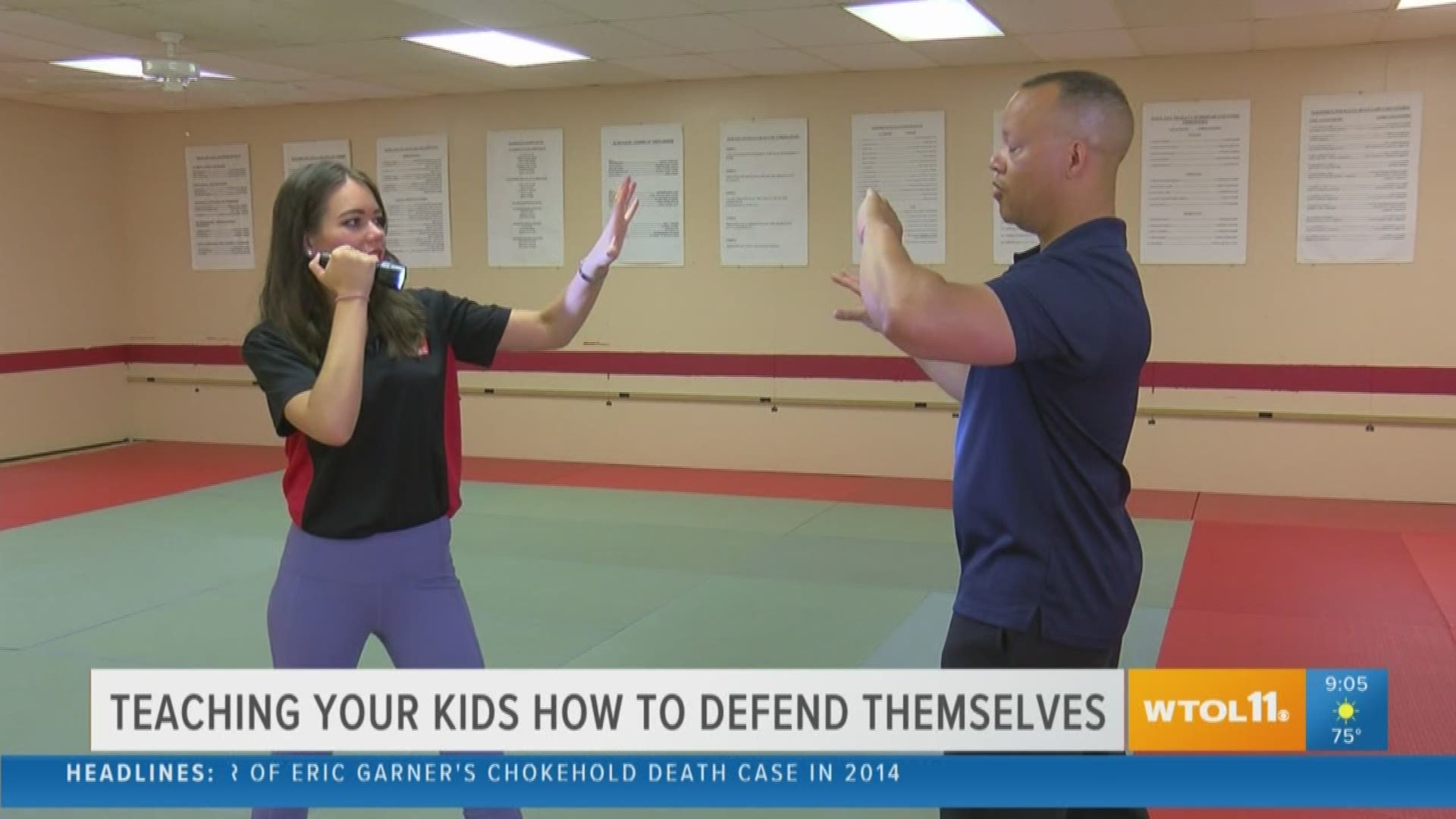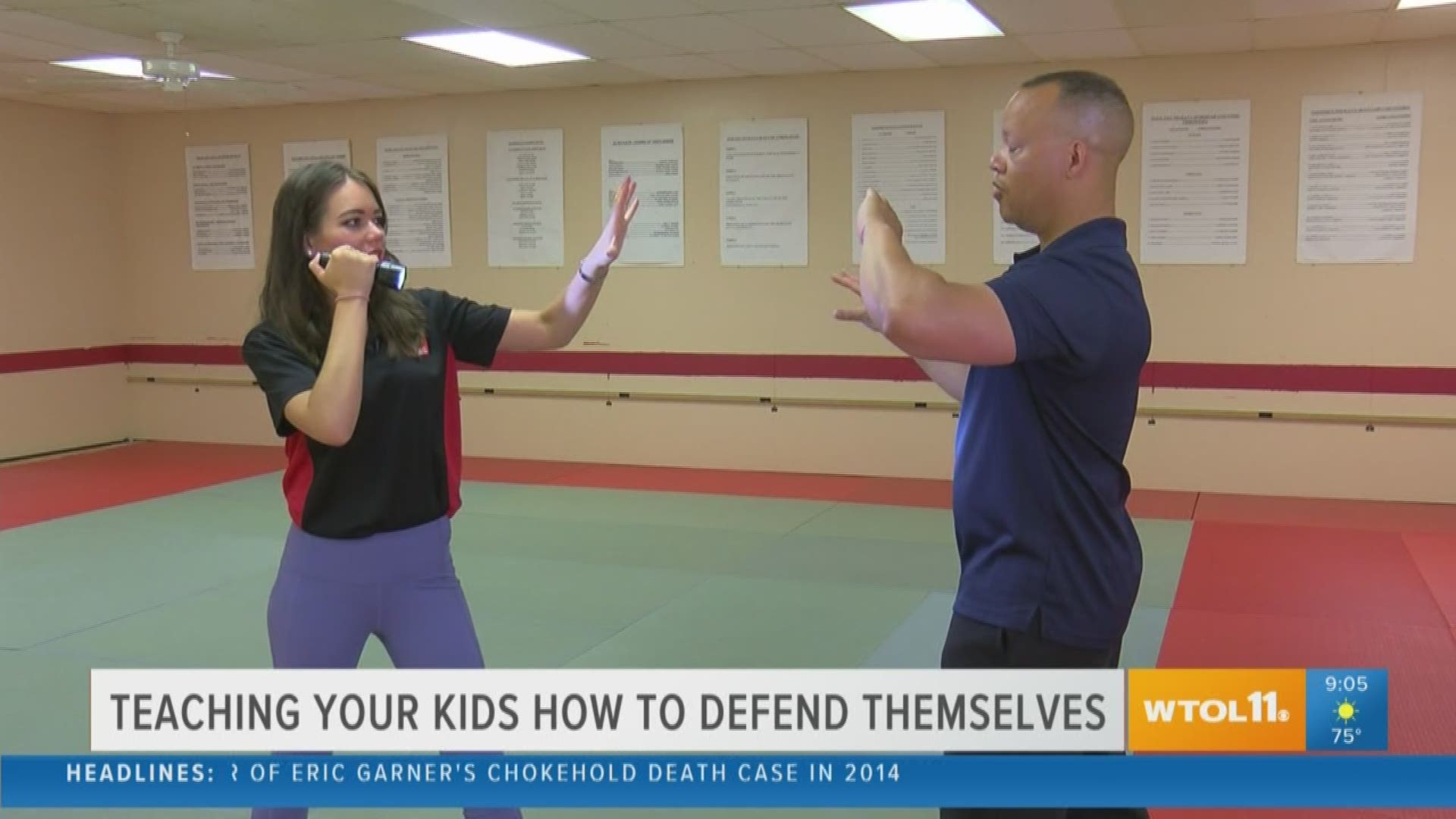Lets assume for the moment that we’re not talking about a specific form or style of self-defense. Below are additional (and fundamental) points that highlight the importance of getting into and learning any type of self-defense:
Self-defense is of paramount importance for several reasons, encompassing personal safety, empowerment, and overall well-being. Here are some key aspects highlighting the importance of self-defense:

- Personal Safety: The primary purpose of self-defense is to protect oneself from potential harm. Knowing how to defend against physical threats enhances personal safety and reduces the risk of becoming a victim of violence or assault.
- Empowerment: Learning self-defense techniques instills a sense of empowerment. It provides individuals with the knowledge and skills needed to take control of their own safety, fostering confidence and resilience.
- Physical Fitness: Many self-defense practices involve physical activity, contributing to improved fitness levels. Regular training not only enhances strength, flexibility, and coordination but also promotes overall health and well-being.
- Awareness and Prevention: Self-defense training often includes education on situational awareness and prevention strategies. Being mindful of one’s surroundings and recognizing potential dangers are key components of staying safe.
- Mental Preparedness: Self-defense is not just about physical skills; it also involves mental preparedness. Developing a proactive mindset and the ability to stay calm under pressure are crucial aspects of effective self-defense.
- Reducing Fear and Anxiety: Knowing how to defend oneself can reduce fear and anxiety in daily life. Confidence gained from self-defense training translates into a more assertive and composed demeanor, deterring potential attackers.
- Lifestyle Integration: Self-defense is a lifestyle choice that goes beyond physical confrontations. It includes adopting habits and behaviors that prioritize personal safety, such as being mindful of personal space, avoiding risky situations, and making informed decisions.
- Emergency Response: In situations where immediate help is not available, self-defense skills can be vital. Being able to protect oneself until assistance arrives can make a significant difference, especially in isolated or vulnerable circumstances.
- Promoting Equality: Self-defense training is an equalizer, providing individuals with the means to protect themselves regardless of gender, age, or physical stature. It promotes a sense of equality and self-reliance.
- Community Safety: Individuals with self-defense skills contribute to the overall safety of their communities. By fostering a culture of preparedness and resilience, communities can become safer places for everyone.
In summary, self-defense is not just a set of physical skills; it’s a holistic approach to personal safety that encompasses mental preparedness, awareness, and a proactive lifestyle. It empowers individuals to navigate the world with confidence and resilience while contributing to the safety and well-being of the community at large.

